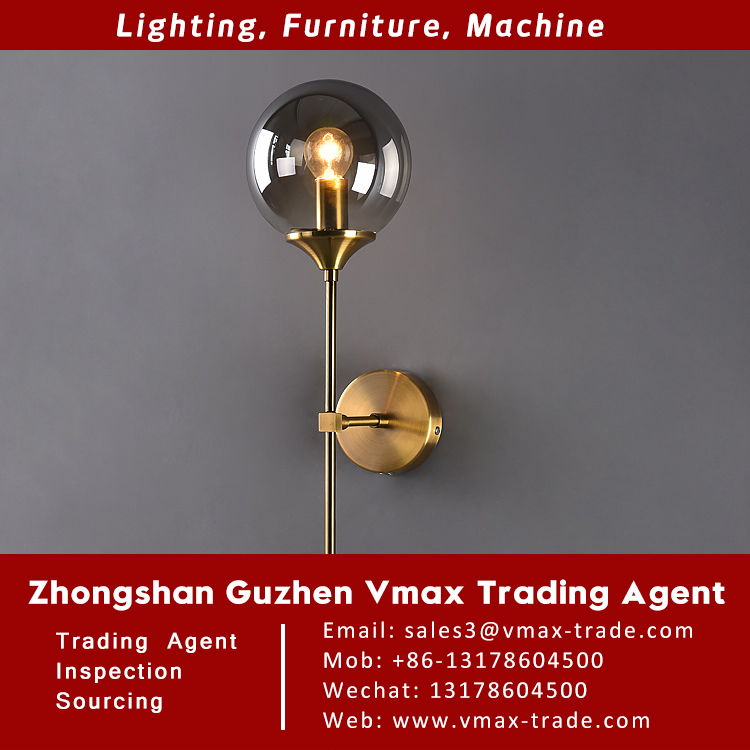Starting from February 1, 2020, all products on the control list exported to Morocco must comply with Morocco's technical regulations and standards. According to the category of the product, validation should be conducted in the corresponding exporting or destination country of the product. All regulated products must obtain a COC certificate in order to smoothly clear customs and enter the Moroccan market.
List of Controlled Products:
Electrical Products
Electrical Products
Construction materials (pipes, sheets, sanitary equipment, insulation, wooden panels, cement, windows, glass...)
Building materials (pipes, boards, bathroom equipment, insulation materials, wooden boards, cement, windows, glass, etc.)
Gas/oil appliances
Gas/fuel appliances
Toy products
Parks and baskets for children, furniture
Children's playground equipment and hanging baskets, furniture
Textiles, shoes, PPE, motorcycle helmets
Textiles, shoes, personal protective equipment, motorcycle helmets
Detergents, packaging/plastic bags
Detergent, packaging/plastic bags
Kitchen articles, tableware
Kitchen supplies and tableware
Matches, lights
Matches, lighters
Paints, Bitumen
Paint, asphalt
Baby radiators
Baby diapers
Tyres, automotive parts
Tires, automotive parts, etc
Reminder: Some products require inspection in the destination country.
How to apply for products inspected by the exporting country?
1. Apply for a certificate and prepare documents:
Request for Certificate Form (RFC), which should detail the status of the goods
Proforma invoice and packing list
Submit compliance documents (based on third-party certificates, test reports, analysis reports according to applicable standards)
Manufacturer's certificate (according to ISO 9001 or other quality standards such as ISO/TS 16949, ISO 13485, etc., if any)
other
2. Document review and testing:
The issuing authority will review all information provided by traders and review whether they comply with Moroccan standards and regulations. If testing is required, it can be conducted in a laboratory recognized by the issuing agency, which will coordinate sampling and conduct laboratory testing.
3. Inspection:
The on-site inspection will be carried out after completing the above steps.
4. Verified qualified and issued a certificate:
After the inspection is completed, the issuing authority will compare the documents and inspection reports provided by the traders. If the verification is qualified, an electronic qualified COC certificate will be issued.
5. Arrival verification:
Importers submit electronic qualified COC certificates and other import documents to the Moroccan single window system Portnet. The file will be verified and the COC certificate will be used as part of the customs clearance process

Contact: GINSEN, COCO
Phone: +86-13178604500, +86-13702502850
E-mail: info@vmax-trade.com
Add: 5F-5, Galaxy Lighting Plaza, Guzhen, Zhongshan, China